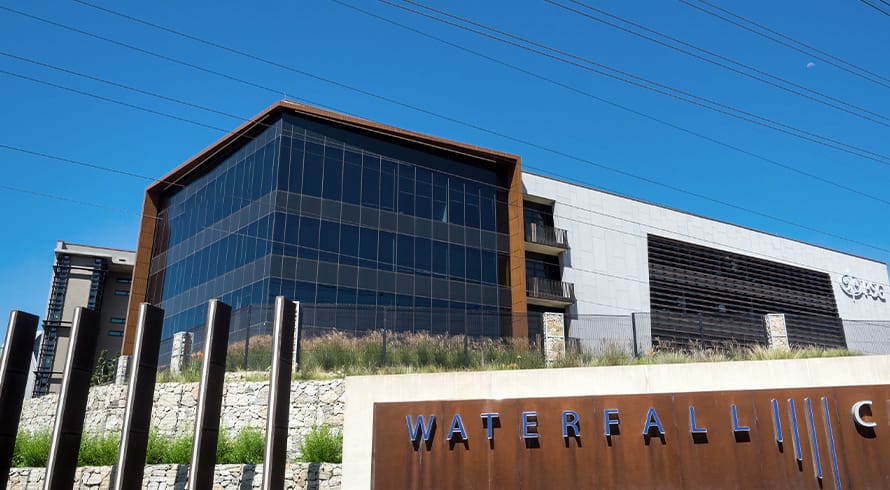Prohibition of Arkema Resins and Fero Industrial Products merger – the Commission draws a line
Late last week the Competition Commission referred a recommendation to the Competition Tribunal to prohibit the proposed acquisition of Arkema Resins by Ferro Industrial Products. The Commission found that the proposed merger was likely to result in a substantial prevention and lessening of competition in this sector.
According to Chris Charter, Director in the Competition Practice at Cliffe Dekker Hofmeyr, “This is a large merger, so it will be ultimately decided by the Tribunal as a matter of course, with the Commission's findings serving only as a recommendation. It does seem that the merging parties will have some work cut out for them if the Commission's quoted figures are accurate.
Charter says that a lot may turn on, firstly, the barriers to expansion for the rest of the market (ie, can the small local players and imports expand capacity to counter any price increases) and secondly, whether in the mining segment (where the Commission alleges a merger to monopoly) the countervailing powers of the large mines (in terms of price and the ability to facilitate entry) is sufficient to keep pricing at competitive levels. That may be difficult in the face of apparent opposition from customers in a beleaguered local industry.
“Perhaps worth noting is that the authorities have not always been so conservative,” notes Charter. “In 2004, the Tribunal unconditionally approved Murray and Roberts' acquisition of The Cementation Company, where substantial concerns about the effect of the merger on mining customers gave way to the realisation that as the mining customers are price takers in their own product market, they could not pass on any increases and moreover had a massive incentive to resist price increases, and the countervailing power to do so.
“In 2006, in deciding the the ferrochrome merger involving International Mineral Resources AG and Kermas South Africa, the Tribunal endorsed the view of that the likelihood of non-competitive pricing is curtailed when sophisticated large buyers, making large purchases, are present. Admittedly, while both gave rise to substantial consolidation of important competitors, neither of these deals involved mergers to monopoly. However, in 2010 when Chlor-Alkali acquired Botash, the Tribunal allowed the merger subject to conditions regarding maximum pricing and long term contracts,” he explains.
“The lawyers for the merging parties will no doubt hearken to these decisions, but it does seem we are now in different times: it may be that the authorities are no longer willing to play pricing regulator, or perhaps the downturn in the mining industry has made the regulator less bullish on its ability to counter the pricing demands of suppliers. The Commission already indicated that a divestiture was not practical, and perhaps the parties felt the same,” he says.
“With the mining industry in decline, one might expect consolidation at the supplier level to cope with muted and uncertain demand; the merger is conceivably an important one for the parties concerned. However, a balance needs to be drawn between the interests of suppliers and customers and in this instance and as usual, the Commission appears to be in the customers' corner.
“The Commission's recommendation is of course only the first leg of the process. The Tribunal will come to its own conclusion and it remains to be seen how strong an economic argument the merging parties can put up in favour of the merger, as well as whether customers and small competitors will seek to intervene in the Tribunal hearing, which could complicate the process,” he adds.
The information and material published on this website is provided for general purposes only and does not constitute legal advice. We make every effort to ensure that the content is updated regularly and to offer the most current and accurate information. Please consult one of our lawyers on any specific legal problem or matter. We accept no responsibility for any loss or damage, whether direct or consequential, which may arise from reliance on the information contained in these pages. Please refer to our full terms and conditions. Copyright © 2026 Cliffe Dekker Hofmeyr. All rights reserved. For permission to reproduce an article or publication, please contact us cliffedekkerhofmeyr@cdhlegal.com.
Subscribe
We support our clients’ strategic and operational needs by offering innovative, integrated and high quality thought leadership. To stay up to date on the latest legal developments that may potentially impact your business, subscribe to our alerts, seminar and webinar invitations.
Subscribe



